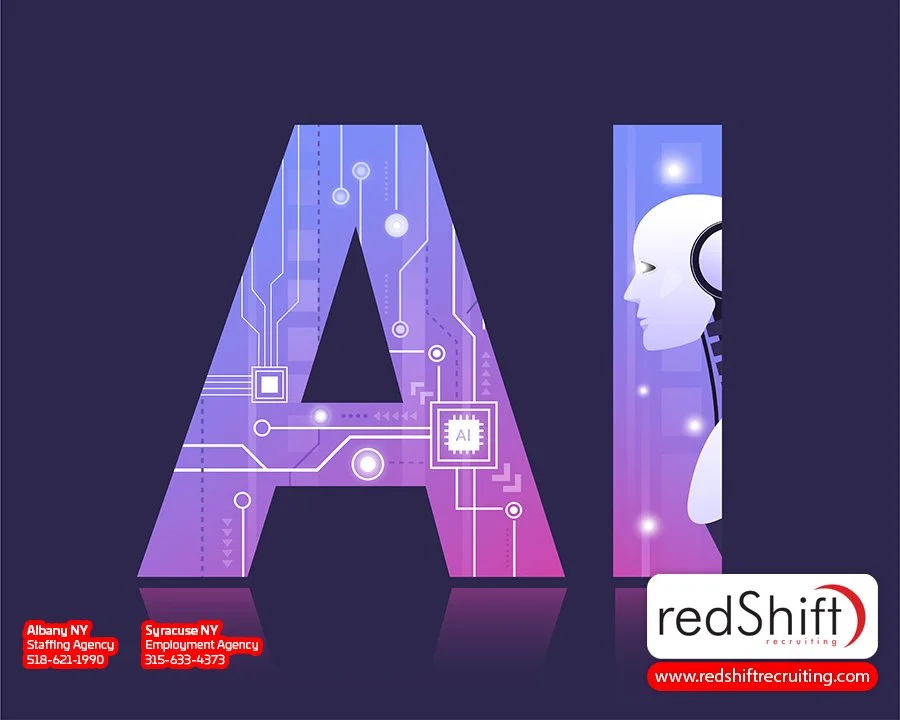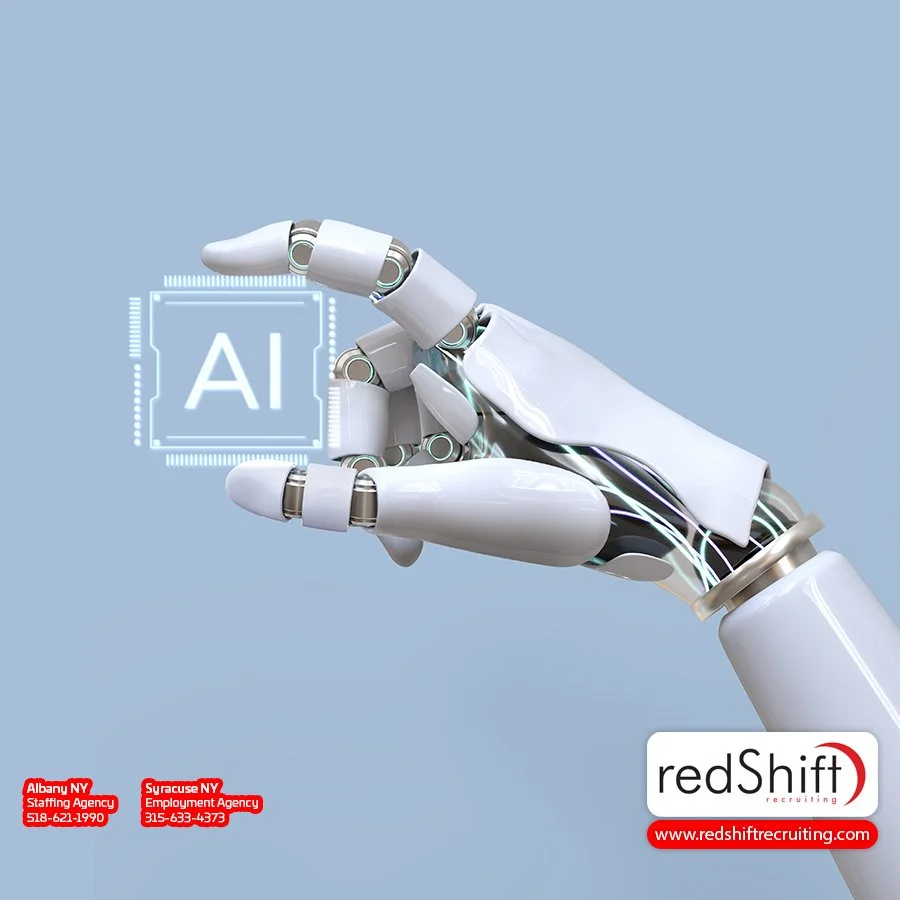
AI/ML Certifications
What Are AI/ML Certifications?
AI/ML (Artificial Intelligence/Machine Learning) certifications are formal recognitions of an individual's expertise and skills in the fields of artificial intelligence and machine learning. These certifications are offered by educational institutions, technology companies, and professional organizations. They cover a wide range of topics from basic concepts of AI and machine learning to advanced techniques and applications.
Why AI/ML Certifications are Important:
Skill Validation: AI/ML certifications validate a professional's knowledge and skills in these specialized fields. They provide an objective measure of expertise, which can be crucial for career advancement.
Career Advancement: Given the high demand for AI and ML skills in various industries, these certifications can open doors to new job opportunities, promotions, or higher salaries. They demonstrate a commitment to staying current in a rapidly evolving field.
Industry Recognition: Many of these certifications are recognized and respected in the industry, providing professionals with a competitive edge. They are often considered a mark of credibility and expertise.
Keeping Up with Emerging Technologies: AI and ML are dynamic fields with ongoing developments. Certifications help professionals stay up-to-date with the latest technologies, tools, and best practices.
Enhancing Credibility with Employers: For employers, hiring certified professionals can ensure a higher level of competency and reduce the risks associated with implementing AI/ML technologies.
What AI/ML Certifications are Used For:
Professional Development: They are used by individuals looking to develop and formalize their skills in AI and ML. This is especially important for professionals transitioning from other fields into AI/ML roles.
Specialization: AI/ML certifications allow professionals to specialize in specific areas within AI, such as deep learning, natural language processing, robotics, or data analysis.
Improving Job Performance: For those already working in the field, certifications can provide advanced training and knowledge to improve job performance and contribute more effectively to projects.
Staying Competitive: In a job market where AI and ML skills are increasingly sought after, these certifications help individuals stand out to potential employers.
Popular AI/ML Certifications:
Google AI/ML Certifications: Such as TensorFlow Developer Certificate.
AWS Certified Machine Learning – Specialty: Focusing on AWS machine learning services and best practices.
Microsoft Certified: Azure AI Engineer Associate: For professionals using Microsoft Azure AI services.
IBM AI Engineering Professional Certificate: Offered through platforms like Coursera, focusing on IBM's AI and ML tools.
NVIDIA Deep Learning Institute (DLI) Certifications: For those interested in deep learning and GPU-accelerated computing.
Professional Certificate in AI and ML from Stanford University: Offered online, covering fundamental and advanced AI topics.
In summary, AI/ML certifications play a vital role in the professional development of individuals working in these fields. They offer a pathway to gaining and validating skills in a competitive job market, keeping up with technological advancements, and enhancing career opportunities. As AI and ML continue to transform industries, these certifications become increasingly relevant and valuable.
What Kind of AI/ML Certifications Are There?
There is a wide range of AI/ML certifications that demonstrate knowledge of fundamentals of AI/ML, computer vision, model evaluation and tuning, and more. These certifications cover a variety of topics, including routing and switching, security, wireless, and collaboration. Some important AI/ML certifications include:
AI for Everyone (Coursera)
Certified Artificial Intelligence Scientist (CAIS)
Computer Science for Artificial Intelligence
Fundamentals of Google AI for Web-Based Machine Learning
IBM AI Engineering Professional Certificate
Artificial Intelligence A-Z 2023: Build an AI with ChatGPT4 (Udemy)
Artificial Intelligence Engineer (AIE) Certification Process by the Artificial Intelligence Board of America (ARTiBA)
Artificial Intelligence Graduate Certificate
Microsoft Certified: Azure AI Engineer Associate
Artificial Intelligence: Business Strategies and Applications
AI for Business Leaders
Jetson AI Certification
Professional Machine Learning Engineer
Post Graduate Program in AI and Machine Learning
AI Applications for Growth
Professional Certificate Program in Machine Learning & Artificial Intelligence
AI for Non-Technical People: A Hands-On Beginner’s Course
Intel Edge AI Certification
Graduate Certificate in Ethical Artificial Intelligence
ChatGPT / AI Ethics: Ethical Intelligence in an AI World
CertNexus Certified Artificial Intelligence Practitioner Professional Certificate
Google Data Analytics Certificate
IBM Applied AI Professional Certificate
IBM Data Science Professional Certificate
IBM Data Analyst Professional Certificate
Microsoft Certified: Azure AI Fundamentals
AI/ML FAQs
What is AI and ML?
These machine learning models, Artificial Intelligence (AI) is a broad field of computer science focused on creating machines capable of performing tasks that typically require human intelligence. This includes problem-solving, decision-making, and learning. Machine Learning (ML), a subset of AI, involves the development of algorithms that enable machines to learn and improve from experience without being explicitly programmed. ML focuses on creating systems that can find patterns and make decisions based on data.
Is AIML difficult to learn?
Learning AI and ML can be challenging as it involves a combination of complex mathematical concepts, programming skills, and understanding of algorithms. The difficulty level can vary based on one’s background. Those with experience in programming, mathematics, and data analysis may find it easier. Beginners might face a steeper learning curve but can progress through structured learning paths and practical projects.
What is a ML model in AI?
A machine learning model in AI is a mathematical model that makes predictions or decisions based on input data. These models are trained using large datasets, where they learn to identify patterns and relationships. Once trained, ML models can process new data to make predictions or classify data with minimal human intervention.
Can I learn AI in 3 months?
Learning the fundamentals of AI in 3 months is possible, especially with focused study and practical application. However, gaining proficiency, particularly in more complex aspects like deep learning or neural networks, typically takes longer. The time required can vary greatly depending on prior knowledge and the specific areas of AI one wishes to master.
What is the salary of an AI engineer?
The salary of an AI engineer varies widely based on factors like geographical location, experience, and the specific industry. Generally, AI engineers are among the higher-paid professionals in the tech industry, with salaries often reflecting the high demand for their skills and the complexity of their work.
Is ChatGPT an AI or machine learning?
ChatGPT is a product of AI and specifically a form of machine learning. It's built on a model called GPT (Generative Pre-trained Transformer), which uses deep learning, a subset of ML, to generate human-like text. ChatGPT is trained on large volumes of text data, enabling it to understand and generate language-based responses.
How do I start learning AI?
To start learning AI, begin with the basics of programming (Python is a common choice) and mathematics (particularly statistics and linear algebra). Then, move on to foundational AI concepts and machine learning algorithms. Online courses, tutorials, and hands-on projects are excellent ways to develop practical skills. Participating in AI communities and competitions can also provide valuable experience.
What language is the AIML based on?
AI and ML development commonly use Python due to its simplicity and the extensive libraries available, such as TensorFlow and PyTorch. Other languages like R, Java, and C++ are also used, especially in specific application areas.
Can I learn AI without coding?
While a coding background is highly beneficial in AI, there are aspects of AI that can be understood without deep programming skills, like understanding the theoretical concepts or using AI tools with user-friendly interfaces. However, for in-depth work in AI, coding knowledge becomes essential.
Why is ML so hard?
ML can be challenging due to its reliance on complex mathematical concepts, the need for proficiency in programming, the complex machine learning models, and the abstract nature of building models that learn from data. The field is also rapidly evolving, requiring continuous learning and adaptation.
What are some examples of AI in everyday life?
Examples of AI in everyday life include virtual assistants like Siri and Alexa, recommendation systems in streaming services like Netflix and Spotify, smart home devices, chatbots in customer service, and navigation apps like Google Maps. AI can perform complex tasks in the easiest and fastest way possible.
What are the three levels of AI?
The three levels of AI are:
Artificial Narrow Intelligence (ANI): AI that specializes in one task.
Artificial General Intelligence (AGI): AI that has the cognitive abilities of a human.
Artificial Superintelligence (ASI): AI that surpasses human intelligence across a broad range of areas.
Is machine learning engineer a good career?
Being a machine learning engineer is a promising career due to the high demand for ML skills across various industries, the potential for innovation, and typically high salaries. It offers opportunities to work on cutting-edge technologies and solve complex problems.
How does AI work?
AI works and can perform tasks by using algorithms to analyze data, learn from patterns, and make decisions. In ML, algorithms adjust their models based on the data input, improving their accuracy over time. AI encompasses various techniques, from rule-based systems to complex neural networks.
What is the difference between AI and AIML?
AI is the broader concept of machines performing tasks that typically require the human brain, while AIML (Artificial Intelligence and Machine Learning) specifically refers to AI systems that learn from data. ML is a way of achieving AI.
Are AI engineers in high demand?
AI engineers are in high demand due to the increasing integration of AI technologies in various sectors, from healthcare to finance and retail. The demand is driven by the need for expertise in developing and implementing AI solutions.
Interested in other certifications? Learn more below:




